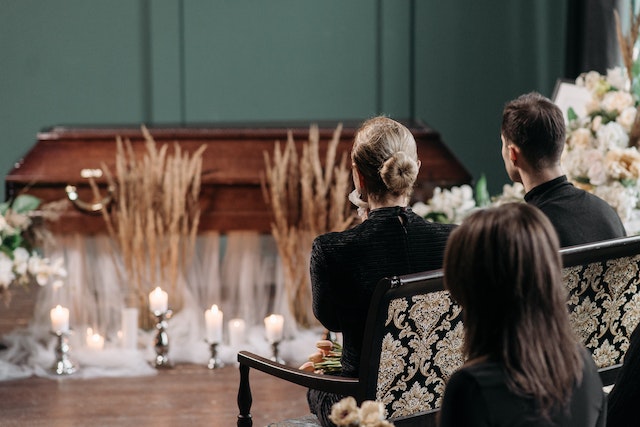The choice between cremation and burial is very personal. Some religious beliefs require cremation, while others do not. Some eastern religions, like Buddhism and Hinduism, require cremation as a part of their rituals. Sikhs, for cultural reasons, prefer cremation but do not prohibit burial. Muslim beliefs, on the other hand, forbid cremation. While the decision is highly personal, it is essential to consider the opinions of your family and seek professional counsel.
Contents
Convenience
Funeral services have become increasingly convenient. Rather than spending hours driving to and from the funeral home, you can now arrange your deceased’s service in the comfort of your home. However, there are a few key differences between a traditional funeral and drive-thru services. Some people prefer the tradition of a standard funeral service, and others opt for the convenience of a drive-thru funeral. Both have their advantages and disadvantages.
The convenience of funeral home services Brooklyn, NY is essential for many families, particularly those who live far away from family and friends. Traditionally, funeral services were based on religion, but in recent decades, convenience has become a key factor. For those not religious, cremation is becoming an increasingly popular option because it is quick and easy and requires few decisions. Also, a cremation is convenient for people who cannot arrange a burial in the deceased’s state, and the deceased’s ashes are no longer required to be transported.
Direct cremation
Direct cremation funeral services can be expensive. You must ensure you understand all the costs involved before choosing a provider. Most providers advertise prices without including third-party expenses, such as crematory fees. You must provide that the provider you select consists of these costs in their prices. Otherwise, you might be forced to pay a higher price than expected.
One benefit of direct cremation is that you don’t have to worry about planning an elaborate funeral service. Instead, you can still have a meaningful memorial service and choose the venue and service date. This gives you the time to prepare for your loved one’s funeral and allows family and friends to make travel arrangements.
Traditional funerals
Traditional funerals typically involve a religious service at a church or funeral home, followed by a procession to the grave or crematory. The service often ends with a brief eulogy that discusses the deceased’s life. While this type of funeral is usually simple and elegant, many aspects can make it unique.
Many families choose a traditional funeral. This service is the most common in the United States and has many benefits. It is socially acceptable and provides a sense of closure for the mourners. It also offers the most flexibility and room for creativity.
Cost
If you’re planning to arrange a traditional burial or cremation, you’ll need to know the costs involved. Funeral homes are required to provide a general price list upon request. You can then call up to four or seven and bid prices for the services you need. It’s essential to shop around to get the best deal.
The amount you need to pay will depend on the circumstances and who will be responsible for making the payment. Sometimes, you can get help from a family member or the deceased’s estate. You can also look into government assistance.
Life insurance
Funeral insurance can help cover funeral costs, but you must make sure you buy enough coverage to cover all costs. Some policies are more expensive, so it is best to compare the prices of various approaches. It is also essential to consider other expenses you may have after your death, such as paying off a mortgage or medical bills.
If you cannot pay for a funeral service, you may consider a life insurance policy to cover the funeral cost. However, some policies require beneficiaries to pay premiums for the remainder of their lives. In such cases, the price of a funeral could be greater than the cost of life insurance. If you cannot pay the premiums, consider cashing in your policy instead.




